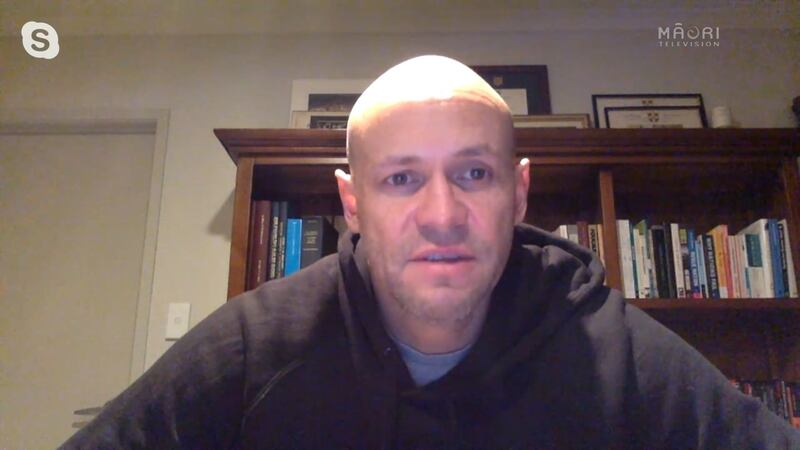Te Puna Ora o Mataatua mobile clinic - Photo / File
The CEO of a Whakatāne health provider says Covid-19 layoffs continue to affect whānau.
Te Puna Ora o Mataatua chief executive Chris Tooley says 30% of whānau in the region have lost their jobs or now live on a decreased income.
“Most of our whānau aren’t going to the GP practices,” Tooley says.
“We already have a lot of whānau that aren’t going into kura and kōhanga because of lockdown issues.”
Whakatāne is surrounded by smaller communities. The people in these communities often come to Whakatāne to access health and social services.

Te Puna Ora o Mataatua CEO Chris Tooley - Photo / File
Tooley acknowledges that hard times mean whānau are prioritising survival over health.
“They’ve got more priorities on their minds around how they’re going to get by this winter.
“They can’t afford travel at the moment. They can’t afford to pay for any prescriptions or any doctors' fees.”
The mobile clinics operated by Te Puna Ora o Mataatua help to bridge this gap. The idea is to bring the services to the community instead of the other way round.
But the future of these clinics seems uncertain.
“We’ve been asked to wind down our mobile units because we’re coming up to the end of our financial year,” Tooley says.
Tooley says Te Puna Ora o Mataatua is in discussions with the Bay of Plenty District Health Board to find a solution.
Graham Bidois Cameron, speaking for the DHB said that they were happy with the work performed by the Whakatāne provider.
“The BOPDHB has been proud to have supported the mobile clinics led by Te Puna Ora o Mataatua (TPOOM) as one part of the Covid-19 response and recovery in Eastern Bay of Plenty.
“As noted, we are in discussions with TPOOM to ensure the mobile clinics are ongoing. We have not provided any direction that the mobile clinics need to cease at the end of this financial year.
“We have learned through Covid-19 that mobile service delivery is a component of ensuring equity for Māori communities across the Bay of Plenty."


